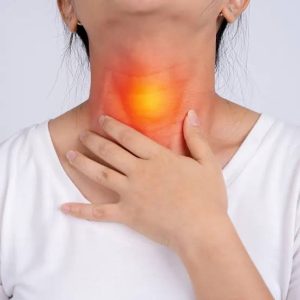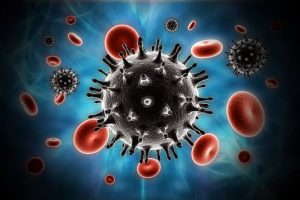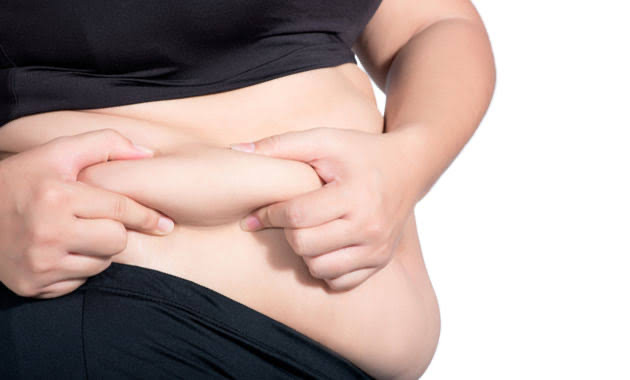Excessive sweating, or hyperhidrosis, can be a distressing condition that affects millions of people worldwide. While sweating is a natural bodily function that helps regulate body temperature, excessive sweating beyond what is necessary for thermoregulation can be bothersome and embarrassing.
In this article, we explore the five common causes of excessive sweating and discuss effective remedies to manage this condition.
1. Primary Hyperhidrosis:
Primary hyperhidrosis is a medical condition characterized by excessive sweating that is not caused by another underlying medical condition or medication. It typically affects specific areas of the body, such as the palms, soles of the feet, underarms, or face. While the exact cause is unknown, primary hyperhidrosis is believed to be due to overactivity of the sweat glands. Remedies for primary hyperhidrosis may include:
• Antiperspirants:
Over-the-counter or prescription-strength antiperspirants containing aluminum chloride can help reduce sweat production when applied to affected areas.

• Botulinum Toxin (Botox) Injections:
Botulinum toxin injections can temporarily block the nerves that stimulate sweat glands, reducing sweat production in targeted areas.

• Iontophoresis: This non-invasive treatment involves passing a mild electrical current through water-soaked skin, effectively blocking sweat gland activity.

2. Secondary Hyperhidrosis:
Secondary hyperhidrosis is excessive sweat that occurs as a result of an underlying medical condition or medication.
Common causes include:
• Hormonal Imbalances:
Conditions such as menopause, thyroid disorders, or hormonal medications can cause secondary hyperhidrosis. Treating the underlying hormonal imbalance may help alleviate excessive sweat.

Thyroid disorder
• Infections:
Certain infections, such as tuberculosis or HIV/AIDS, can lead to secondary hyperhidrosis. Treating the underlying infection can help reduce sweating.

• Medications:
Some medications, including certain antidepressants, antipsychotics, and blood pressure medications, can cause excessive sweating as a side effect. In some cases, switching to a different medication or adjusting the dosage may help alleviate symptoms.

3. Anxiety and Stress:

Emotional factors such as anxiety, stress, or nervousness can trigger excessive sweat in some individuals.
Remedies for anxiety-induced sweating may include:
• Stress Management Techniques:
Practicing relaxation techniques such as deep breathing exercises, meditation, yoga, or mindfulness can help reduce stress and anxiety levels, thereby decreasing sweating.

A lady during mindful meditation
• Cognitive Behavioral Therapy (CBT):
CBT can help individuals identify and modify thought patterns and behaviors that contribute to anxiety and stress, leading to a reduction in sweating.
4. Certain Foods and Beverages:


Consumption of certain foods and beverages can trigger excessive sweating in some individuals. Common culprits include spicy foods, caffeine, and alcohol.
Remedies may include:
• Dietary Modifications:
Avoiding trigger foods and beverages may help reduce episodes of excessive sweating. Opt for a balanced diet rich in fruits, vegetables, whole grains, and lean proteins.
5. Obesity:

Obesity is associated with an increased risk of excessive sweating due to the body’s increased metabolic rate and insulation from excess fat tissue.
Remedies for obesity-related sweating may include:
• Weight Loss:
Losing excess weight through a combination of healthy eating, regular physical activity, and lifestyle modifications can help reduce sweating in obese individuals.
• Consulting a Healthcare Provider:
If excessive sweating persists despite lifestyle modifications, it’s essential to consult a healthcare provider for further evaluation and treatment options.

Excessive sweating can have a significant impact on quality of life, but effective remedies are available to manage this condition. By identifying the underlying cause of excessive sweating and implementing appropriate remedies, individuals can find relief and regain confidence in their daily lives. If excessive sweating is causing distress or interfering with daily activities, it’s important to consult a healthcare provider for proper evaluation and personalized treatment recommendations.